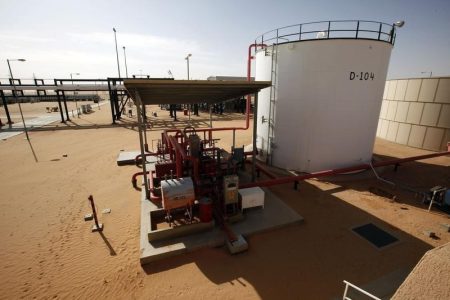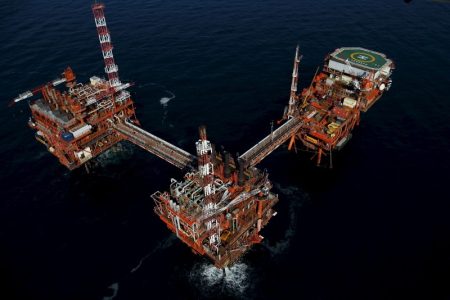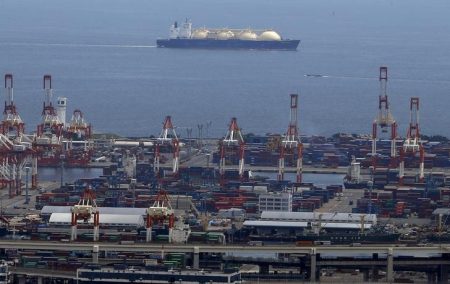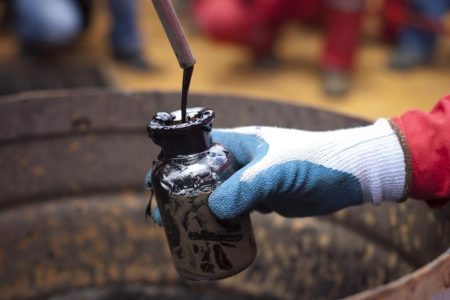By Catarina Demony and Sergio Goncalves
LISBON (Reuters) – Portuguese Prime Minister Antonio Costa resigned on Tuesday, hours after prosecutors detained his chief of staff in an investigation into alleged corruption in his administration’s handling of lithium mining and hydrogen projects.
Costa, who prosecutors said was the target of a related investigation, announced the decision in a televised statement after meeting President Marcelo Rebelo de Sousa.
He said his conscience was clear, but he would not stand as candidate for a fourth time as premier.
“The dignity of the functions of prime minister is not compatible with any suspicion about his integrity, his good conduct and even less with the suspicion of the practice of any criminal act,” Costa said.
It is up to the president now to decide whether to allow Costa’s Socialists, who have a majority in parliament, to form a new government or to dissolve parliament and call an election.
The Socialists’ president, Carlos Cesar, said his party was prepared for “any scenario” while Luis Montenegro, leader of the main opposition Social Democrats, said he was ready for an early election.
“The degradation of the government necessitates that no more time is wasted,” Montenegro said.
Parliament was due to vote on the 2024 budget bill later this month. There are worries the political crisis could impact the budget approval as well as the kick-off of the privatisation of the Portuguese national airline TAP.
“It is inevitable that there will be elections after the sudden death of the government,” said political scientist Adelino Maltez. Antonio Costa Pinto of Lisbon University did not rule out another Socialist premier taking over, but also said that a snap election was the most likely option.
Portuguese stocks fell about 3% and the closely-watched gap between the European Union country’s 10-year government bond yield and that of euro zone benchmark German Bund widened to 69 basis points from 65 bps on Monday.
PROJECTS INVESTIGATED
The prosecutor’s office said earlier on Tuesday that five people had been detained as part of the investigation, including Vitor Escaria, Costa’s chief of staff, whose offices had been searched along with several government buildings.
It also said in a statement that Infrastructure Minister Joao Galamba, who previously served as energy secretary, and the president of the environment agency APA, Nuno Lacasta, were formal suspects and would appear before a judge.
Galamba’s office and APA did not reply to requests for comment.
Prosecutors are investigating alleged graft and influence peddling in the Barroso and Montalegre lithium exploration concessions in northern Portugal, a project for a hydrogen plant in the port of Sines, and a mega data centre investment there.
They said they had become aware that the suspects used Costa’s name and authority to “unblock procedures” related to the deals and the Supreme Court would look into Costa’s possible role in the deals.
Costa said he was “fully available to cooperate” with the justice system.
“At stake may be … facts capable of constituting crimes of malfeasance, active and passive corruption of politicians and influence peddling,” the prosecutor’s office said.
With more than 60,000 metric tons of known lithium reserves, Portugal has been seen as central to Europe’s efforts to secure more of the battery value chain and cut reliance on imports.
APA earlier this year gave the environmental approvals for local company Lusorecursos to extract battery-grade lithium in Montalegre and for London-based Savannah Resources to develop its own mine in Barroso.
Contacted by Reuters, Lusorecursos had no immediate comment.
Savannah said in a statement it was cooperating with the authorities who visited some of its locations, but that neither the company nor any of its staff were the targets of the investigation. Work at the Barroso Lithium Project continued unencumbered, it added.
Lithium projects have faced strong opposition from local residents and environmentalists.
In a joint statement, Portuguese anti-mining groups said Tuesday’s developments were proof that mining processes had not been conducted in a transparent way, and they called for the “immediate cancellation” of all lithium projects.
CONCERNS ABOUT FUTURE
Costa will remain in his job until the president’s decision. Rebelo de Sousa summoned political parties for consultations on Wednesday and his consultative body, the Council of State, on Thursday.
Since coming to power in 2015 in the aftermath of a debt crisis and international bailout, Costa has presided over a period of strong economic growth during which his successive governments quashed the budget deficit and reduced the debt burden, winning praise in Europe for sound fiscal policies.
But Costa’s last term, which started in early 2022 when his party won a surprise outright majority in a snap election, was marred by scandals, including controversies around state-owned airline TAP in January 2023, which led opposition parties to demand his government’s resignation.
Carsten Brzeski, global head of macro at ING, expected few repercussions in financial markets thanks to Portugal’s hard-earned reputation there.
Read the full article here















